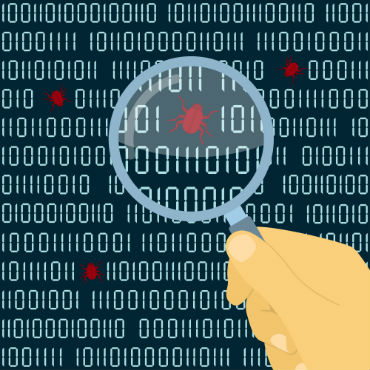Kelly: DHS halted the march of WannaCry in the U.S.

The DHS Secretary told a Hill panel that the agency was key to curtailing the historic cyberattack.

The Department of Homeland Security's cyber expertise was instrumental in blocking the historic cyberattack that crippled hundreds of thousands of computers in other nations in mid-May, the agency's leader told a congressional panel.
Secretary John Kelly told members of the House Appropriations subcommittee that funds DHS that his agency's capabilities were key to fending off the "Wannacry" ransomware attack earlier this month.
"Because of interagency efforts in the U.S., and to a large degree to what DHS does in its cyber mission, the number of systems infected in our country was miniscule," Kelly said. "We defended the country from the biggest cyber onslaught in history and we were successful in keeping it out of our country, with the exception of a tiny, tiny, tiny number of computers."
The hearing centered primarily on issues such as immigration detainee facilities, the flow of commerce between the U.S. and Mexico, as well as the construction of President Donald Trump's proposed border wall.
Kelly received some blunt criticism from Democrats about the effort to build a wall along the southern border.
"I can't support $1.6 billion for a boondoggle of a wall," said Rep. Nita Lowey (D-N.Y.). "That can't be taken seriously by this committee."
However, Kelly was also asked by subcommittee Chairman John Carter (R-Texas) about things he was looking to change immediately at the agency.
Kelly responded that he was looking for ways to continue former DHS Secretary Jeh Johnson's "Unity of Effort" program that looked to squeeze out inefficiencies among component agencies, such as dual acquisition efforts and other managerial practices.
As an example, Kelly noted that two departments had begun separate development and acquisition programs for the same piece of equipment. He said DHS might benefit from a Goldwater-Nichols style of reform, referencing the 1986 legislation that solidified the Department of Defense's chain of command, as well as clarified roles and authorities in the armed forces.
"We're looking for those kinds of things," he said.


